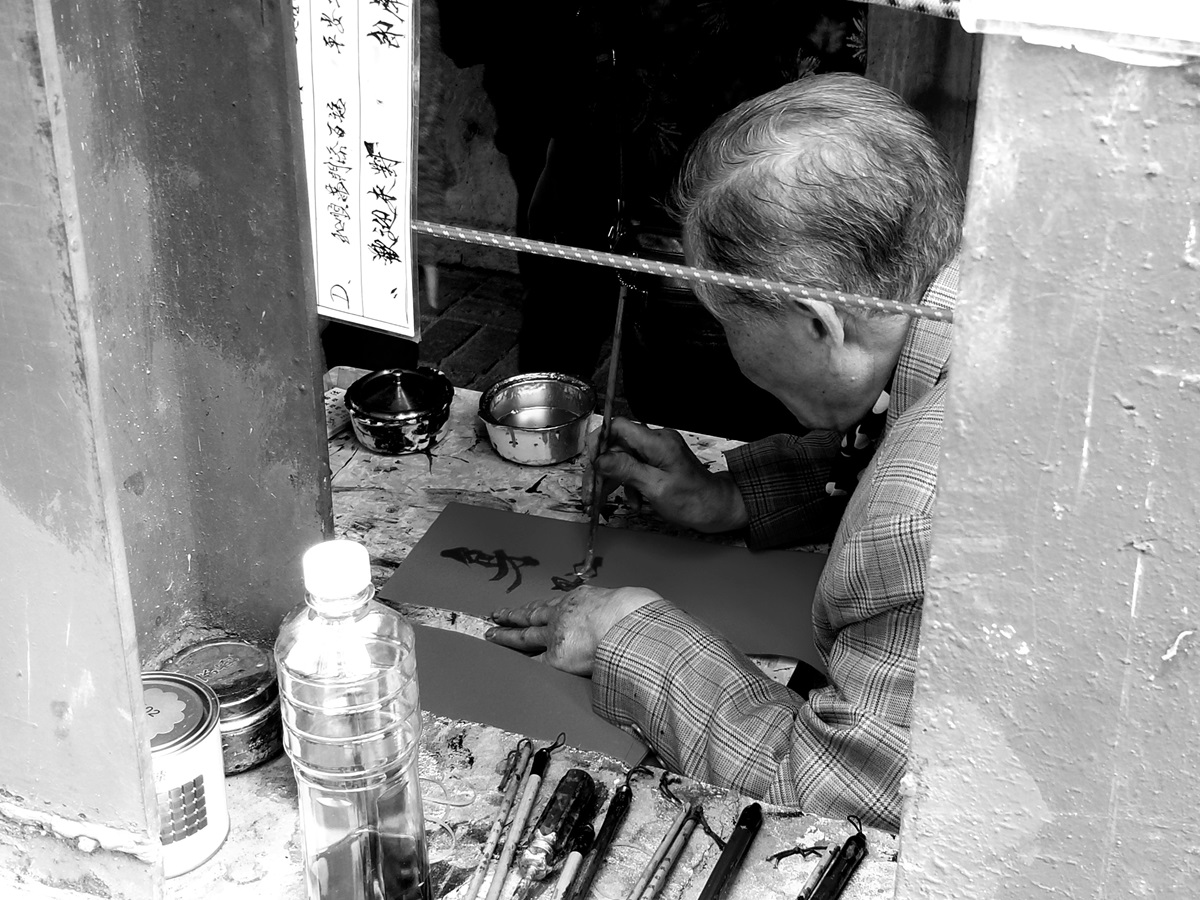About 47 per cent of seniors from families that left in the past three years live alone
A survey by the Methodist Centre reveals the concern of people over 75, indirect victims of the exodus of young families caused by the security crackdown after the 2019 protests. Meanwhile, an appeal court accepts the authorities' request to ban "Glory to Hong Kong", the song that became the protest movement’s anthem.
Hong Kong (AsiaNews) – Many seniors citizens have been left alone after their children departed Hong Kong in great numbers.
An investigation by the local Methodist Centre, active since 1980 in Wan Chai in social outreach, shows the least visible aspect of the great flight from the metropolis following the crackdown of the 2019 protests, and the imposition of the national security law.
About 200,000 Hongkongers (mostly young families) have moved to Great Britain alone, taking advantage of having both a British and a Hong Kong passport.
The Methodist Centre's research team surveyed more than 200 older adults between June and December of last year. About 47 per cent said that one or more of their children left Hong Kong in the last three years.
About 31 per cent of seniors left alone in Hong Kong are aged 75 and over, and 75 per cent are now cared by either their partner or other elderly relatives and friends, with no one else.
According to the Methodist Centre's seniors and health services manager, Tsui Hong-wang, in many cases the children sold their homes in Hong Kong and took their possessions and savings with them before emigrating.
Events unfolded so quickly that people were not able to prepare for this traumatic situation, causing much concern and distress.
For this reason, the Christian charity is launching a Medical Home Care Programme to provide home care for lonely seniors, with the assistance of social workers, nurses, physiotherapists, speech therapists, and dieticians.
“When they have a problem, these elderly people don't really know what to do,” Tsui Hong-wang said. “They ask their children, 'How do I download these apps? I want to go out; who's going with me? Managing these situations from thousands of miles away and in a different time zone is not easy."
In such a difficult context, Hong Kong authorities seem to be much more concerned about their battle against the symbols of the pro-democracy movement than the wounds left in society by harsh repression.
Meanwhile, an appeals court has sided with the government in its attempt to ban a protest song, Glory to Hong Kong.
Overturning last year’s decision by a lower court based on free speech grounds, three Court of Appeal judges ruled on Wednesday that the injunction sought by the authorities was “necessary” to persuade online platforms to remove “problematic videos.”
Popularised during the 2019 protests and subsequent unrest, Glory to Hong Kong was broadcast in lieu of China’s anthem, the March of the Volunteers, at international sporting events featuring Hong Kong athletes, a mix-up that prompted police to investigate.
For the authorities, the song is linked to "violence and disturbances" and advocacy for Hong Kong's independence, although the latter was never an official demand of protesters in 2019.
19/06/2020 15:09
06/06/2023 15:33
02/10/2020 09:24







.png)










